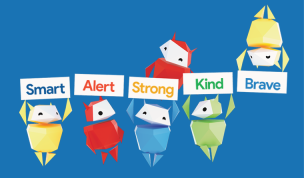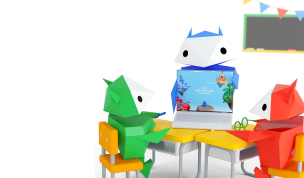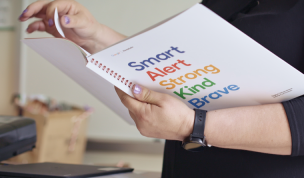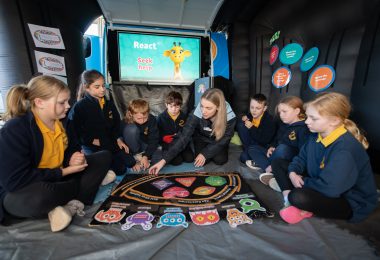Rise in cyberbullying sparks call for more education in schools

Leading childhood education provider Life Ed is calling for comprehensive education programs in schools to prevent online bullying, amid a spike in cyberbullying reports during Covid.
Children are spending more time online, putting them at greater risk of cyberbullying and other online harms including predatory and coercive behaviours. Covid-19 has turbo charged online bullying with a 30 per cent increase in reports from 2020 compared to 2019, according to the Office of the e-Safety Commissioner.
Around one in five kids have experienced bullying when playing online games and the more social media and gaming profiles they have, the greater the risk they face of being bullied. Recent research from the Office of the e-Safety Commissioner shows that 60 percent of children with up to five social media and gaming profiles report being bullied online. If they have 10 or more profiles this increases to 70 per cent.
Speaking on the National Day of Action Against Bullying and Violence, Life Ed Australia CEO Kellie Sloane said a comprehensive approach to the problem was needed and education is key.
“Cyberbullying is a particularly insidious form of bullying. Its victims suffer acutely. It can happen anywhere, anytime of day. It can spread rapidly and widely. And the anonymity and physical distance of cyberbullying can make it easier to perpetrate.
“We are seeing a positive trend with children becoming better at reporting bullying, however, it is critical that we stop the problem before it begins.
This year the Life Ed program has returned with a focus on respectful relationships and cybersafety. The updated program teaches children to understand what bullying is, learn positive and assertive communication techniques, foster empathy and respectful relationships and know where and who to go to for help and support.
The program also includes resources for families and schools so everyone can play a role in creating a ‘kindness culture’ both online and off.









